
How Do You Succeed at Kona?
Heat, humidity, wind, pacing—we take a look at some of the factors that affect success at the Ironman World Championship in Kona.
Coaching is hard! A good coach must manage challenging athletes, build a business, grow his or her knowledge, stay on top of new software—in many ways, being a cycling, triathlon, or running coach today is harder than ever before. At the same time, it’s easy to find advice online—though it’s hard to know how good that information is.
At Fast Talk Labs, you can be certain you’re getting beneficial advice from our in-house coaches, who have over 40 years of experience in personal coaching, group coaching, and online coaching.
Are you a coach? We offer coaching support services to help you develop your practice and get answers to technical questions. Apply to join our Coaching Support program.

Heat, humidity, wind, pacing—we take a look at some of the factors that affect success at the Ironman World Championship in Kona.
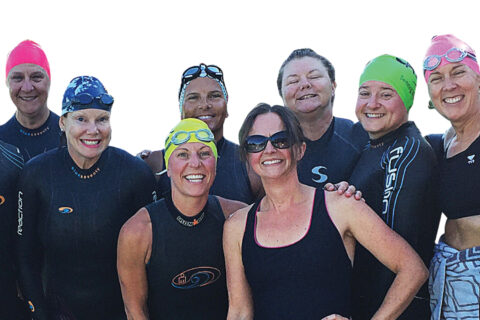
Every athlete is a study of one, presenting different limitations and strengths. The best coaches are able to identify these differences and adapt their style and strategy to meet the unique needs of every athlete.
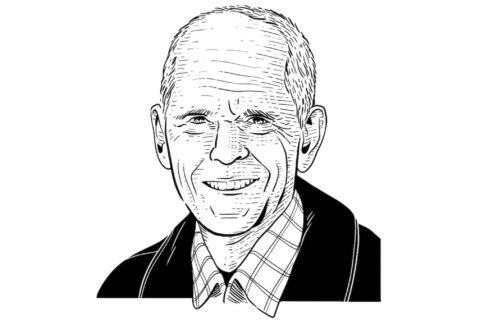
He’s coached some of the biggest names in distance running and underpinning a large amount of his success was his capability to be versatile.
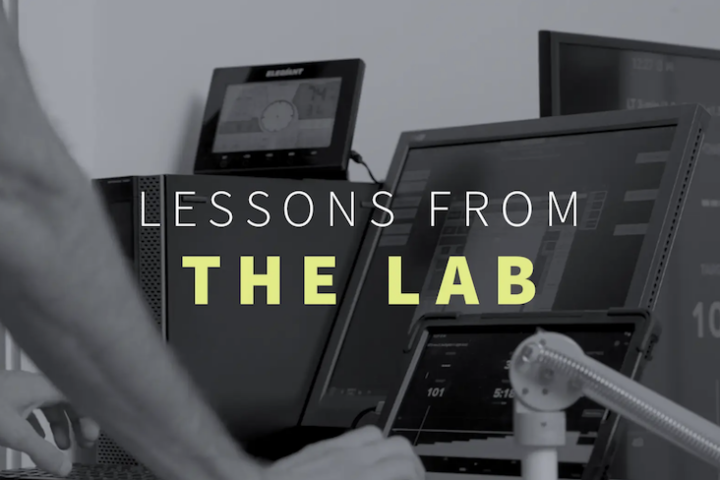
The lab simplifies the path forward for the athlete, showing how the body is responding to training and taking us back to the basics.
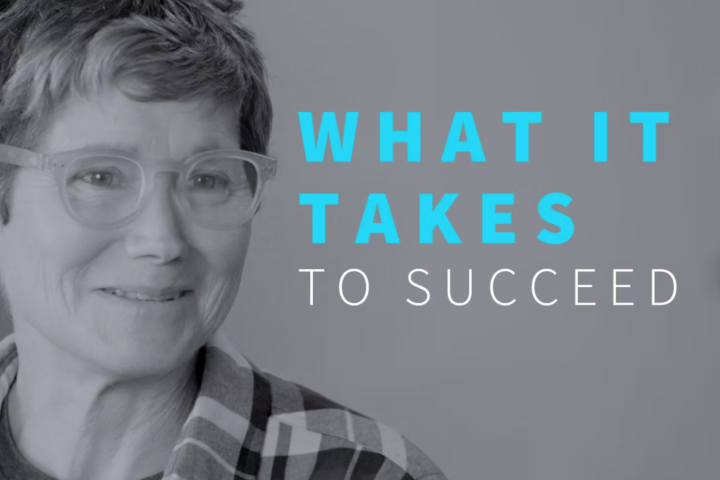
To achieve a top performance an athlete must be both physically and mentally prepared. It’s the mental piece that can be the toughest to coach.
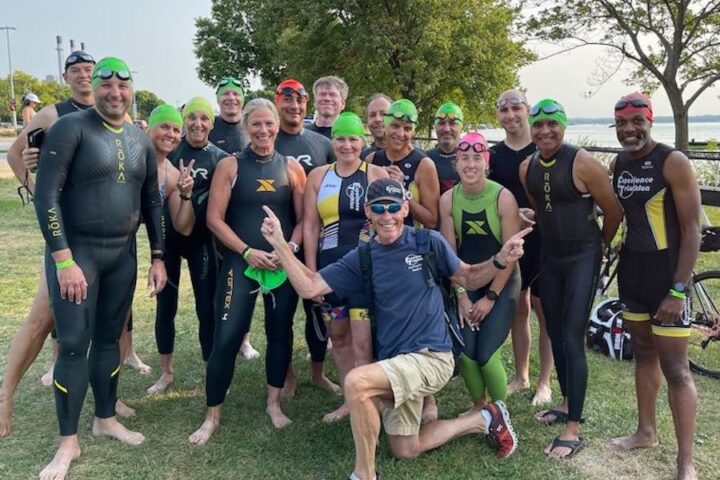
Whether it’s the last person to cross the finish line or the ones standing on the podium, Coach Joe LoPresto believes all athletes are more alike than different.
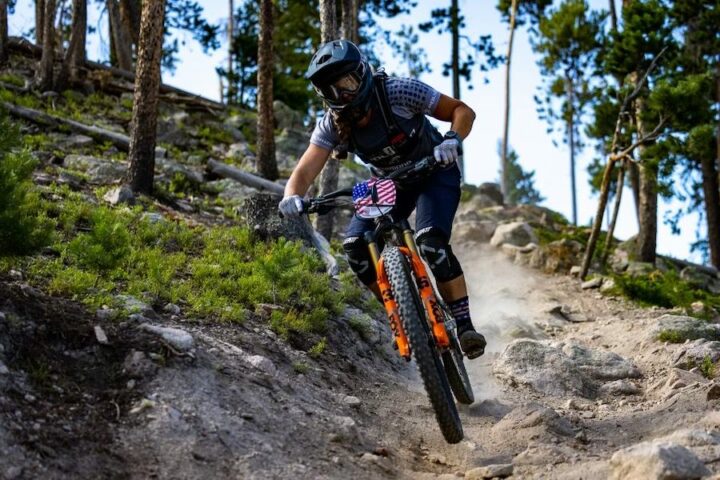
Every coach wants to work with athletes who possess both talent and motivation in spades. In reality, your clients are probably lacking in one or the other. Consider how your coaching style might be suited to a particular athlete type, and whether your client list reflects this.
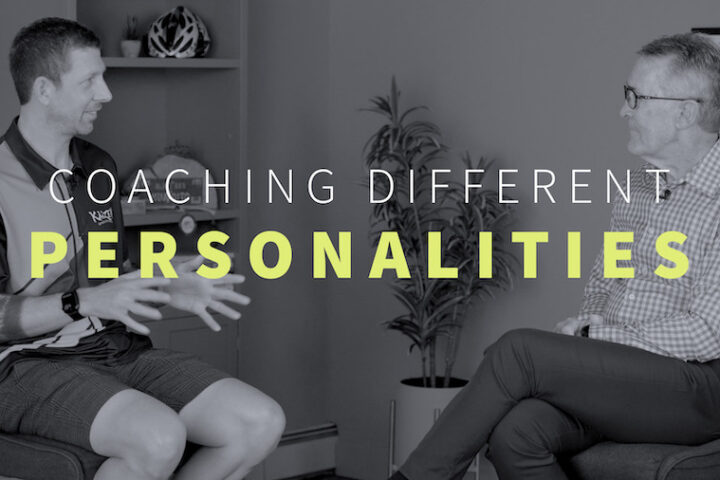
How does an athlete’s personality affect how you write their training plans and give feedback? It can be far more varied than you might realize.
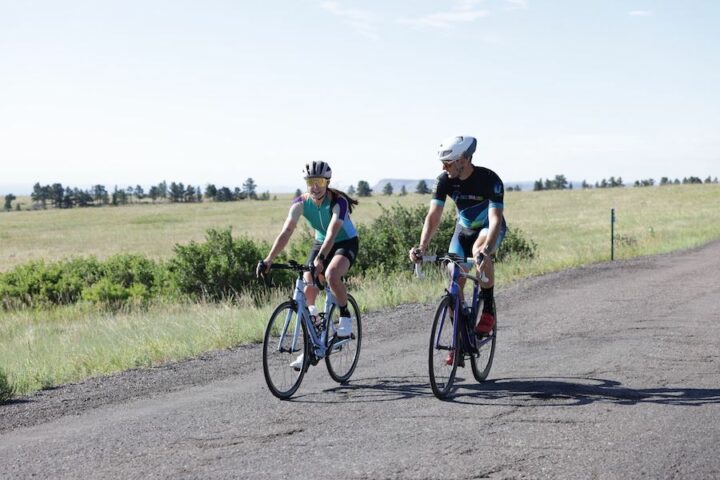
As a coach, you are in the business of addressing the weaknesses that stand in the way of the athlete’s goal. Because every athlete is unique, no two plans should ever be the same.
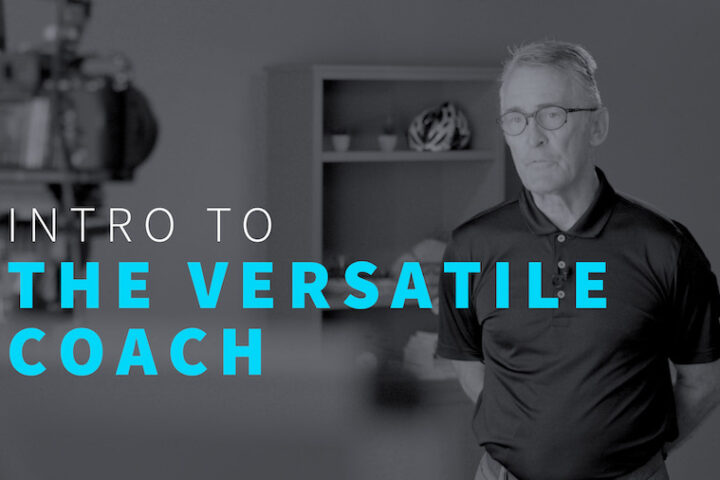
Learn from Joe Friel and a handful of master coaches on how to become a more versatile coach, adapting training to the needs of each athlete you work with—from novice to elite.
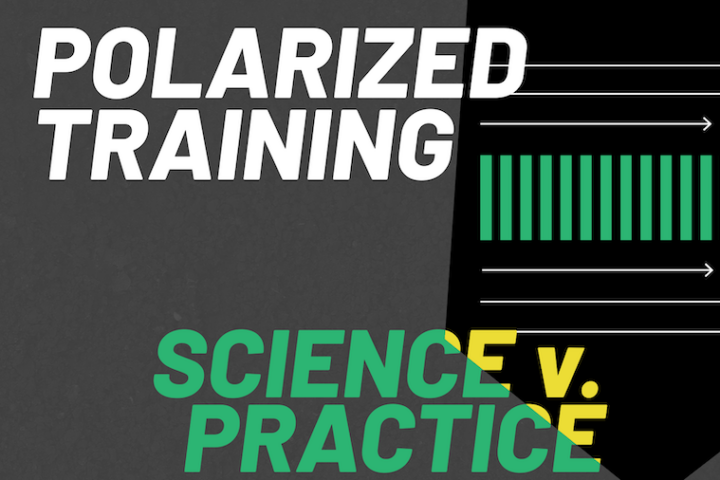
Scientists have worked closely with athletes and coaches to define the polarized model and explain how it works. Who leads the way? Dr. Seiler talks about the scientific process playing out in valuable ways in both research and the real world.
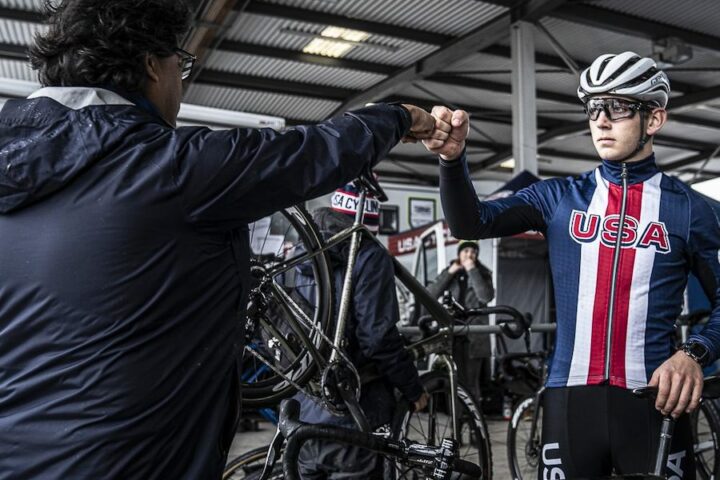
We explore the past, present, and future of coach education with Joe Friel and Jon Tarkington.
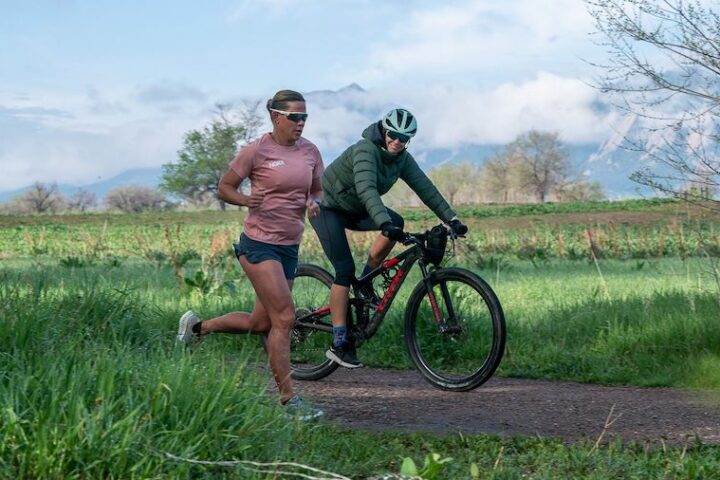
Four-time world champion triathlete Julie Dibens talks about the biggest lessons she has learned during her transition from athlete to coach.
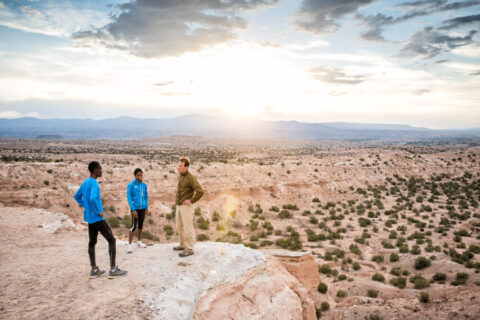
Everyone wins when an athlete feels supported. In Module 5 from The Craft of Coaching, Joe Friel and his hand-picked experts share how to best manage athletes and add service providers to extend your coaching capabilities.

No one wants to “fire” an athlete. But there are times when the coach-athlete relationship is clearly not working. Coaches need to reflect on these difficult situations and athletes so they can identify problems before things get personal.
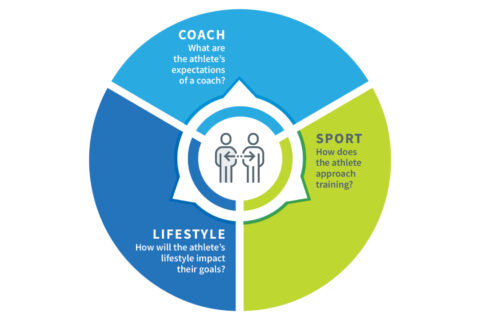
For the coach-athlete relationship to be successful, it must be rooted in trust, and trust is earned or compromised from Day 1. Begin any new client relationship with the end in mind.
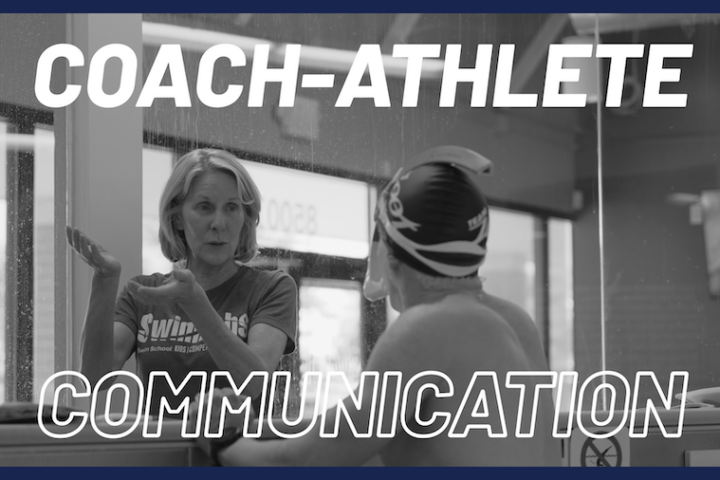
Coach Melissa Mantak prioritizes communication with her athletes above all else, particularly in the onboarding process. Find out more about the different levels of coaching she offers at The Empowered Athlete, and how communication plays out.
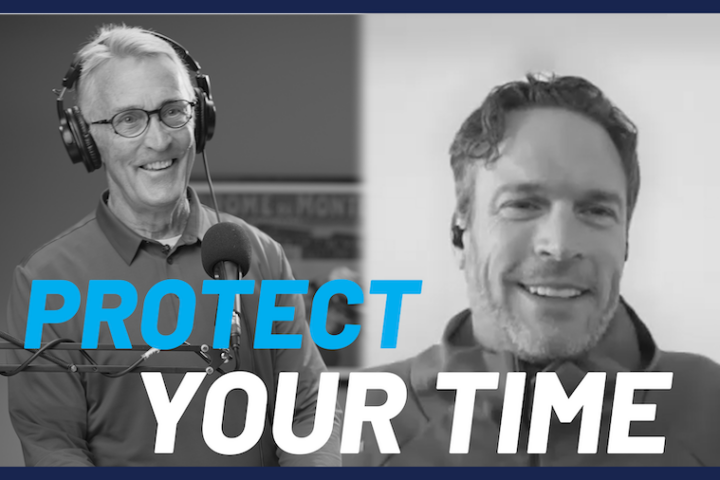
Managing athletes requires time management skills. Coach Ryan Bolton balances the needs of his pro athletes, age groupers, and a team of coaches. He talks with Joe Friel about his screening process and the groundwork that goes into a positive athlete-coach relationship.